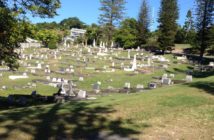“Blinded by the light”: coming of age in the mean streets of 1980’s not always United Kingdom.
The tall, pleasantly spoken and quietly persistent young woman who approaches me at the Whakamarama Farmers Market wants me to spend $20 to support a Tauranga Girls’ College “Rialto Movie Fundraiser”. I buy the ticket when she mentions those magic words “Bruce Springsteen” – I forget to ask what they are raising funds for.
But that’s why late last Saturday afternoon I’m sitting on a now well-worn settee in the “Rialto” foyer watching as the empty quiet fills with conversation and chatter. I watch the hellos and hugs and spend my time trying to guess who’s a teacher and who’s a parent. I hope it’s the parents fortifying themselves with glasses of wine.
My invitation says “Nibbles at 4.30pm”. I notice a significant number of plates of chocolate brownies being placed on the tables. Young ladies start to pass these to the standing clusters. I run into the young woman who has got me here and she tells me that the venture is to support “Antipodeans Borneo” – they work on village improvement projects. I recount my HFH experience with “the nail gun”. She’s only fifteen and very cool. I don’t think she’ll be worried about inadvertently shooting members of the team with fencing nails.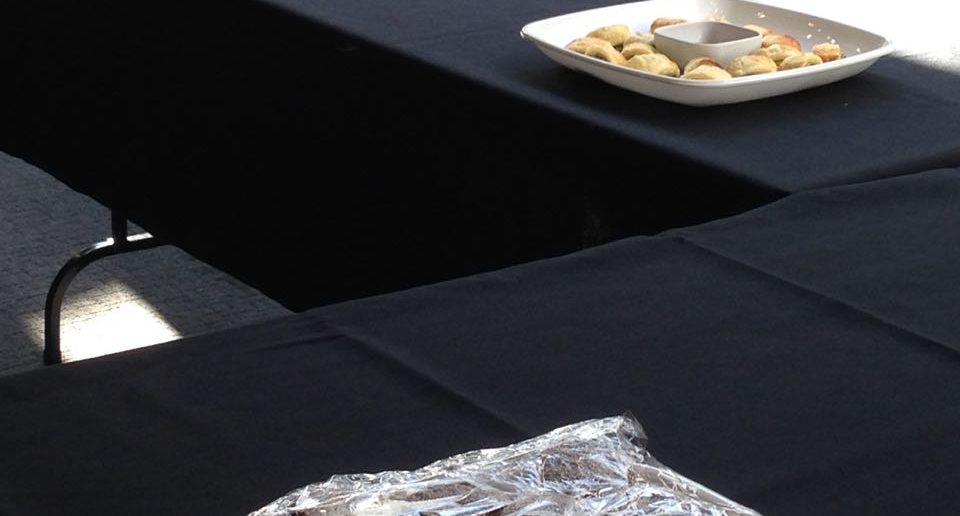
As always I sit in the back row of the small theatre close to the door. I watch the promos: should I come back for the Judy Garland film?
I’ve not read any of the reviews for “Blinded by the Light”. I can imagine some of them are pretty caustic because this seems such a superficial, happy- clappy interpretation of some of the hideousness of migrant and second generation life in a UK that wasn’t always kind and welcoming to the visibly different and the impact of political policies and decisions on “the working class”.
I’ve often wondered whether the late Sir Howard Morrison and Dame Kiri Te Kanawa have been more subtle advocates for change in New Zealand than the courageous and self-sacrificing young people I met, the SOUL, of my generation who in putting themselves on the frontline of confrontation created angst and antagonism for many Pakeha. But if this film had been “real” I doubt many of the people exposed to the truths it shows would have gone anywhere near it.
I don’t know whether you must have seen the “Sus Laws” in operation in the London streets or met an agitated young soldier shipping out to Northern Ireland or listened to the real stories of 1980’s young non-white UK residents to understand the horribleness of the photomontages, the overt racism and the persecution of minority communities. Despite the often schmaltzy, saccharine presentation these issues are brought forward. The young man regularly running away in fear and that strip of plastic carpet protector against the piss-takers. My heart cracked as the Mother took off her bangles in the pawnbrokers – unemployment does not discriminate.
The film presents the conflicts of the “second generation” in the same way. The scenes with the daytime disco said it all. And there are the serendipitous interventions that can change a life – the teacher, the school friend, the war veteran and the true friend – while superficially presented they confirmed the reality that not everything was or is “black and white”. But, like “Muriel’s Wedding” which I found a classic study of abuse, I cried through this film from beginning to end.
I cried because, like looking at a painting, listening to music or watching any kind of performance art, responses of a viewer or a listener are determined not so much by what is presented but by where you have been. I’m consistently grateful that my parents brought me to the opportunities of New Zealand. As the lights go up I see the woman next to me is carrying a beautifully woven kete. She is a raranga student at Te Wananga o Aotearoa. She has made six kete and carries a different one each day.
“Blinded by the Light” was worth seeing because it reminded me in such a happy, musical way of the universality of discrimination, persecution, abuse, goodness and hope. If you don’t see this at a “cinema near you”, you could do worse than sit at home with a crate of popcorn with your kids and grandparents and watch this on your small screen.
Rosemary Balu.  Rosemary Balu is the founding and current Managing Editor of ARTbop. Rosemary has arts and law degrees from the University of Auckland. She has been a working lawyer and has participated in a wide variety of community activities where information gathering, submission writing, community advocacy and education have been involved. Interested in all forms of the arts since childhood Rosemary is focused on further developing and expanding multi-media ARTbop as the magazine for all the creative arts in the Bay of Plenty, New Zealand.
Rosemary Balu is the founding and current Managing Editor of ARTbop. Rosemary has arts and law degrees from the University of Auckland. She has been a working lawyer and has participated in a wide variety of community activities where information gathering, submission writing, community advocacy and education have been involved. Interested in all forms of the arts since childhood Rosemary is focused on further developing and expanding multi-media ARTbop as the magazine for all the creative arts in the Bay of Plenty, New Zealand.
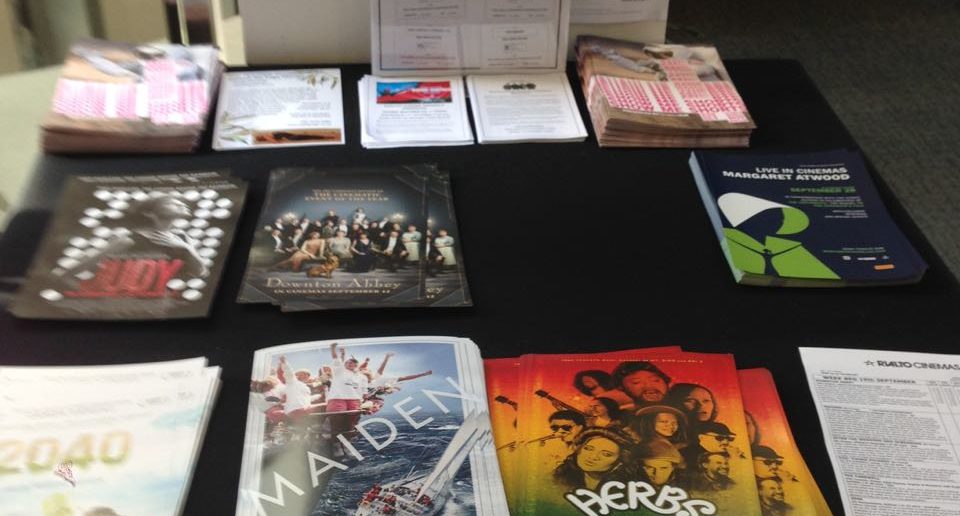
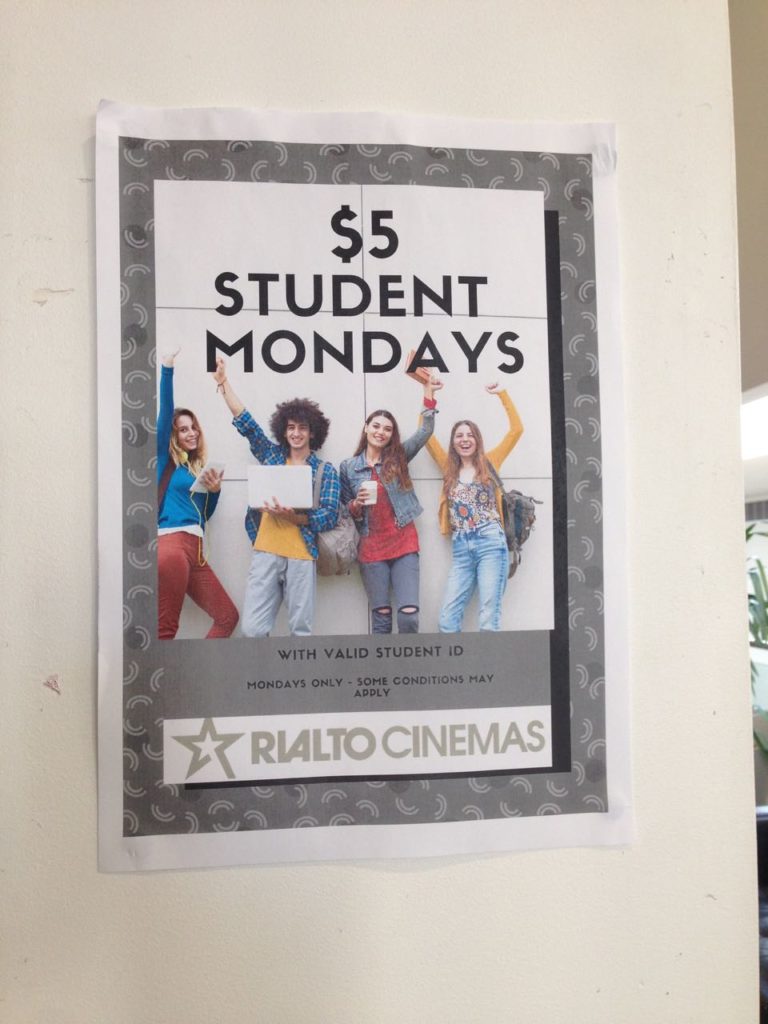
ARTbop
the Bay of Plenty’s creative arts magazine!
read us online anywhere, anytime!
ARTbop https://www.facebook.com/artbop/
ARTbop alternative https://www.facebook.com/ARTbopalternative/

Joanne Slagel at The Jam Factory in October
AND IF YOU ENJOY CREATIVITY, BOUTIQUE SHOPPING, VINTAGE, RECYCLE, HOME DECOR, FAIRS & MARKETS, CAKE & JUST HAVING A LOOK check out
The Corner Shop NZ
https://www.facebook.com/thecornershopnz/
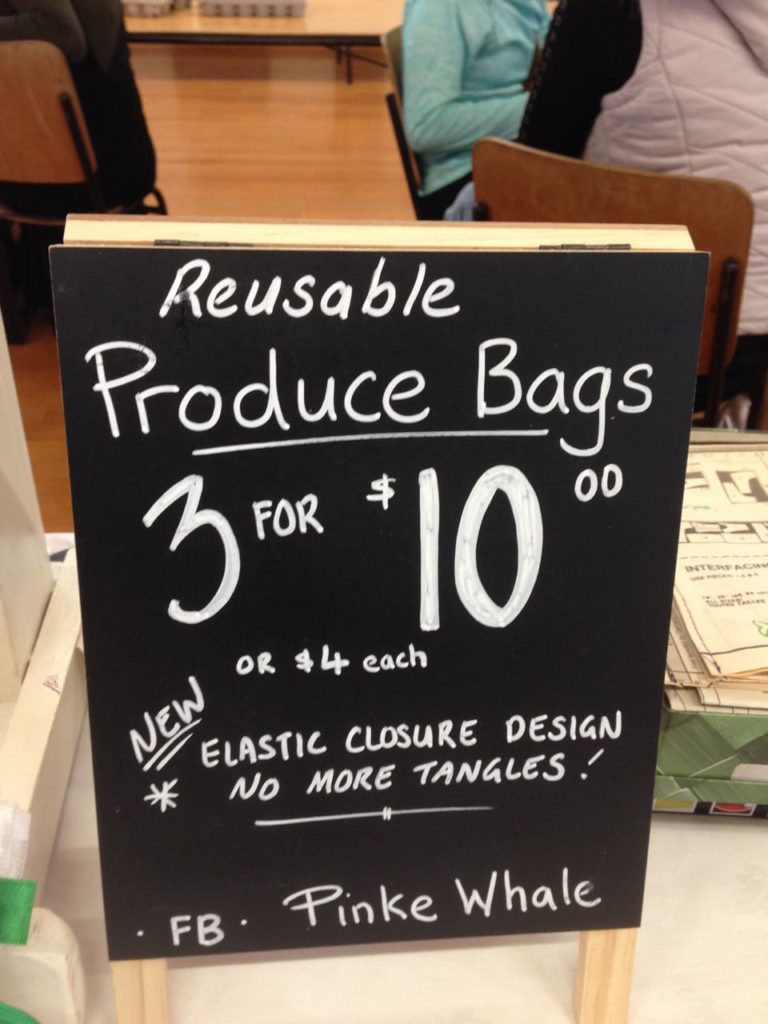
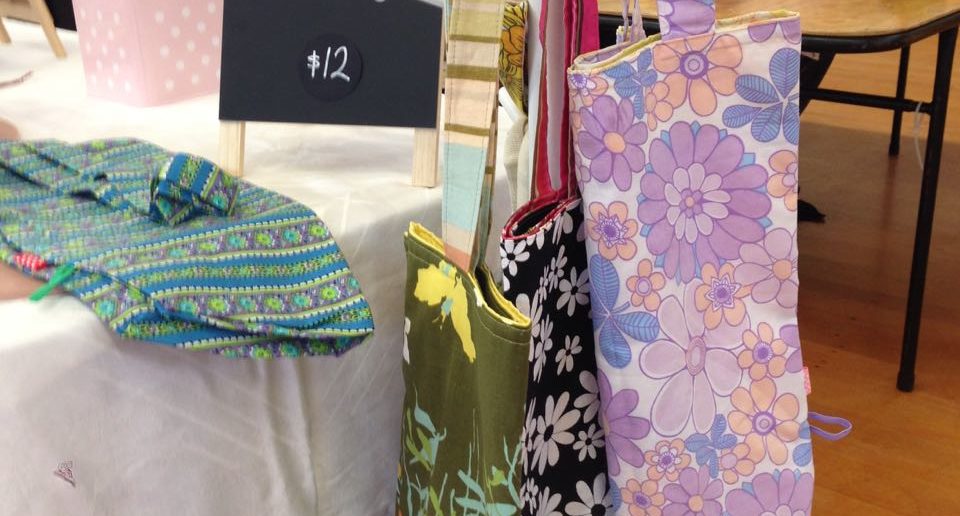
AVAILABLE AT THE WEEKLY WHAKAMARAMA FARMERS MARKET, FRIDAYS 3PM TO 6PM AT THE WHAKAMARAMA HALL OPPOSITE THE SCHOOL
VISITING NEW ZEALAND & THE BAY OF PLENTY? ENJOY THE ARTS, CREATIVITY, BOUTIQUE SHOPPING, GARDENS, VINTAGE, A WALK IN THE BUSH AND CAKE? CHECK OUT
NZ MUST SEE
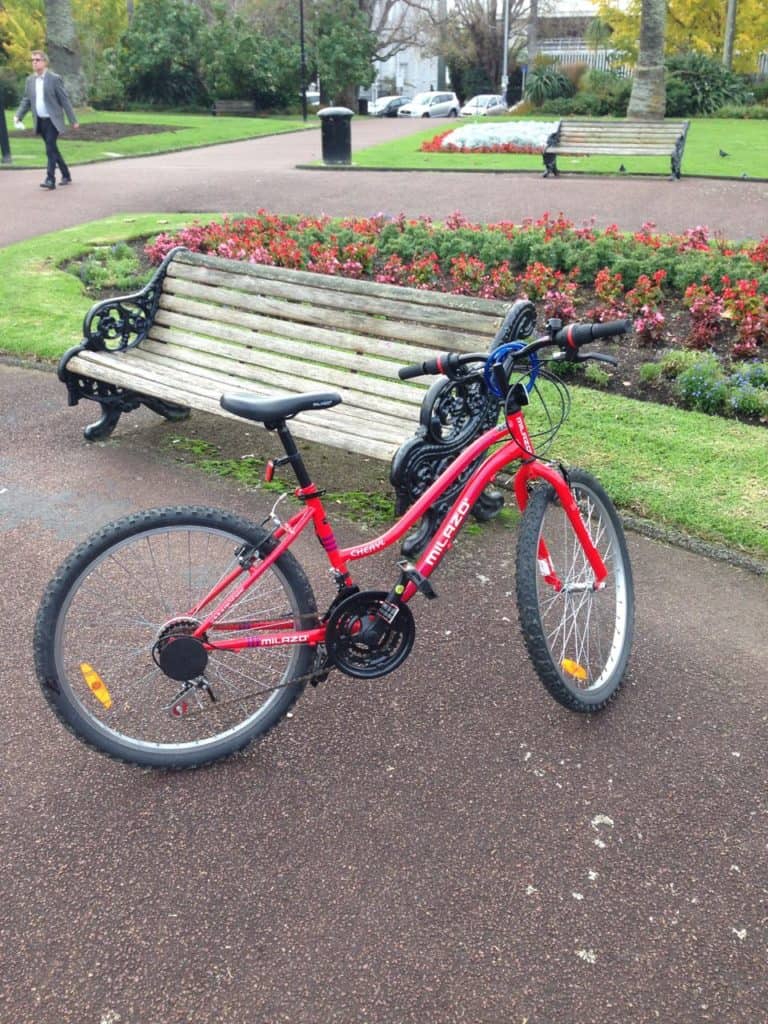
Albert Park, Central Auckland: one of Auckland’s original open spaces adjacent to the Auckland Art Gallery
WHERE EVER YOU ARE AROUND THE BAY OF PLENTY
BE SAFE AND HAPPY AND ENJOY!




